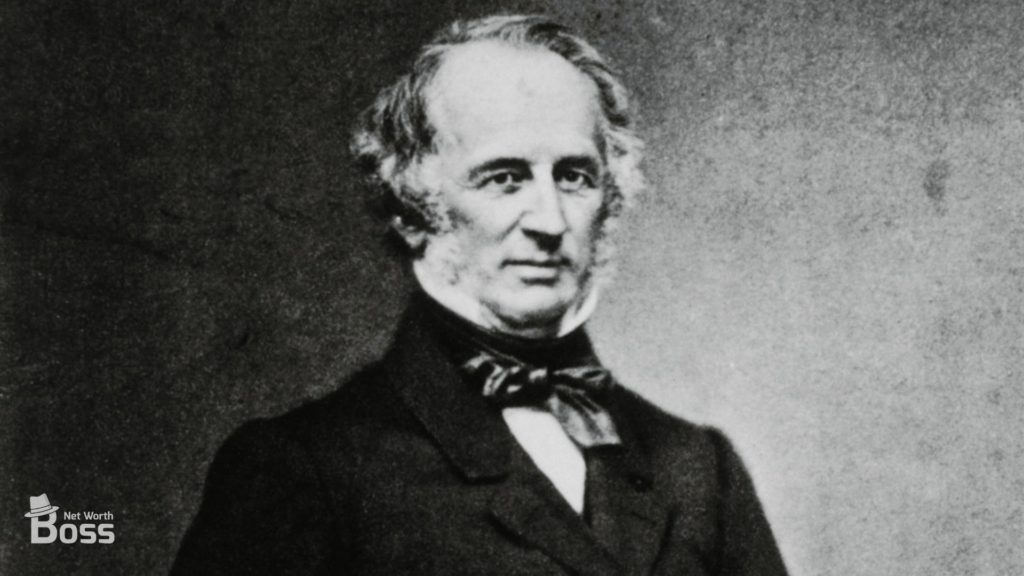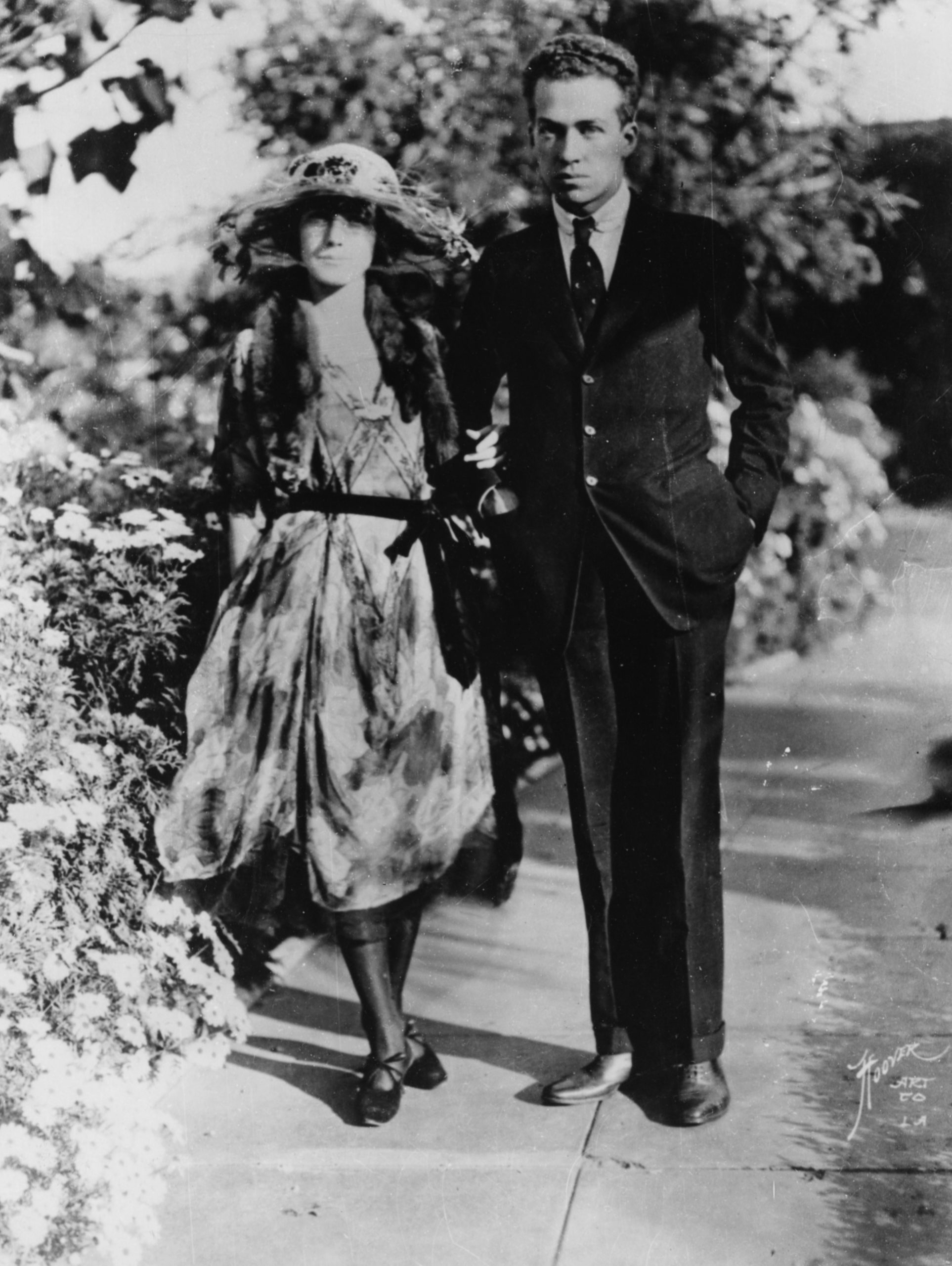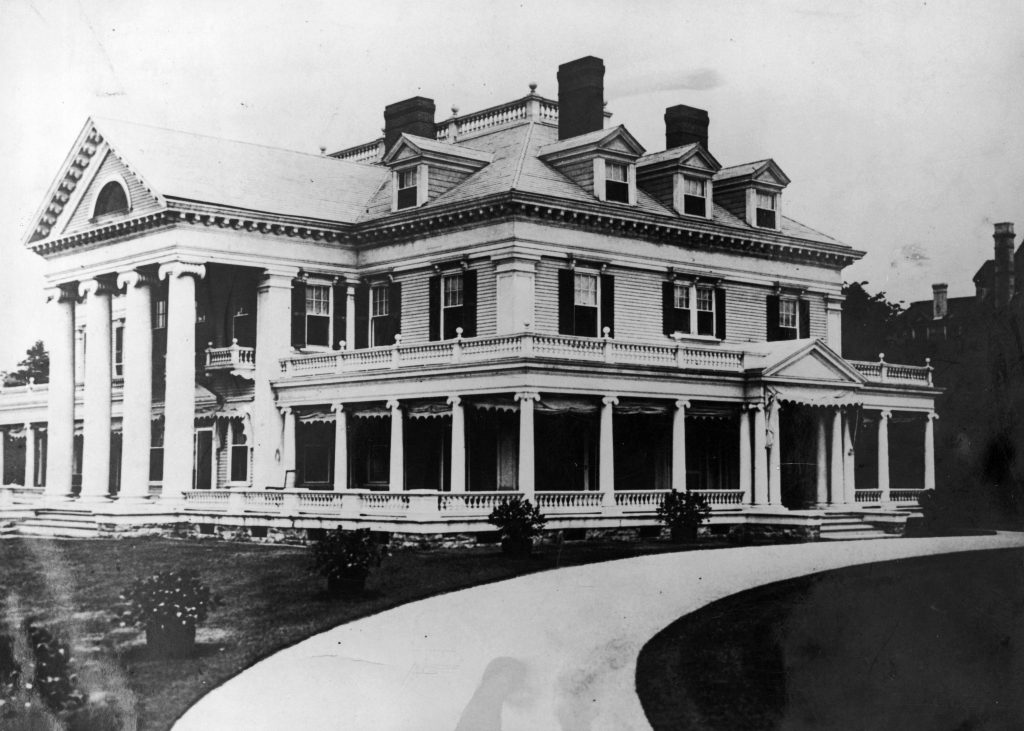Cornelius Vanderbilt Net Worth Today: Unpacking The Legacy Of The Railroad Tycoon
When you think about Cornelius Vanderbilt, the name alone evokes images of grandeur, wealth, and sheer ambition. As one of the most influential figures in American history, his net worth today remains a topic of fascination for history buffs, business enthusiasts, and anyone curious about the roots of American capitalism. But how much was Cornelius Vanderbilt worth during his lifetime, and what would that translate to in modern dollars? Let’s dive into the story behind the man who built an empire from scratch and left a legacy that still resonates today.
Known as "The Commodore," Cornelius Vanderbilt wasn’t just a wealthy man—he was a trailblazer who reshaped the landscape of transportation in the United States. His journey from a humble ferry operator to a railroad magnate is nothing short of remarkable. In this article, we’ll explore his life, wealth, and the enduring impact of his business ventures.
While Vanderbilt passed away over a century ago, his fortune continues to intrigue us. How much would his net worth be worth today, adjusted for inflation? And more importantly, what lessons can we learn from his rise to power? Let’s find out!
Read also:Wasmo Telegram Link 2025 Download Free Ios Your Ultimate Guide
Table of Contents
- Biography of Cornelius Vanderbilt
- Cornelius Vanderbilt Net Worth Today
- Early Life and Background
- Building the Business Empire
- Railroad Success and Expansion
- The Legacy of Cornelius Vanderbilt
- Family Wealth and Inheritance
- Impact on American Economy
- Criticism and Controversies
- Conclusion
Biography of Cornelius Vanderbilt
Born to Build an Empire
Cornelius Vanderbilt, born on May 27, 1794, in Staten Island, New York, started his career with nothing but grit and determination. His father, a ferry operator, instilled in him a strong work ethic from a young age. By the time he was 16, Vanderbilt had already begun operating his own ferry service, earning him the nickname "The Commodore." This was just the beginning of a lifelong pursuit of wealth and influence.
Let’s take a closer look at some key details about Cornelius Vanderbilt:
| Full Name | Cornelius Vanderbilt |
|---|---|
| Birth Date | May 27, 1794 |
| Death Date | January 4, 1877 |
| Place of Birth | Staten Island, New York |
| Net Worth at Death | $100 million (equivalent to billions today) |
Cornelius Vanderbilt Net Worth Today
So, how much was Cornelius Vanderbilt worth in today’s dollars? Adjusted for inflation, his net worth is estimated to be around $200 billion, making him one of the richest individuals in American history. To put that into perspective, his wealth would rival that of modern-day billionaires like Jeff Bezos and Elon Musk. Talk about old-school hustle!
But how did he accumulate such an astronomical fortune? Let’s break it down.
- Started with a ferry business in New York Harbor.
- Expanded into steamboat operations, dominating the industry by the mid-1800s.
- Shifted focus to railroads, acquiring key assets like the New York Central Railroad.
- By the time of his death, his wealth was unmatched, with a net worth equivalent to 1.1% of the U.S. economy.
Early Life and Background
Growing up on Staten Island, young Cornelius wasn’t exactly born with a silver spoon. His family was modest, and he dropped out of school at the age of 11 to work alongside his father. But even as a teenager, he showed a knack for business, borrowing $100 from his mom to buy a boat and start his own ferry service. This entrepreneurial spirit would define his entire life.
What made Vanderbilt different from other businessmen of his era? For starters, he had an uncanny ability to anticipate market trends. Whether it was steamboats or railroads, he always seemed to be one step ahead of the competition. And let’s not forget his legendary toughness—he didn’t shy away from a fight, whether it was legal battles or corporate takeovers.
Read also:Hannah Stocking And Klay Thompson The Love Story Thatrsquos Got Everyone Talking
Building the Business Empire
From Ferries to Railroads
Cornelius Vanderbilt didn’t just stumble into success—he worked for it. After establishing himself in the ferry business, he set his sights on steamboats. By the 1830s, he had built a vast network of steamboat routes, connecting major cities along the East Coast. But he didn’t stop there. Sensing the potential of railroads, he pivoted his focus and began acquiring key rail lines.
One of his most significant achievements was the acquisition of the New York Central Railroad. Through strategic mergers and acquisitions, he created a transportation empire that spanned thousands of miles. His vision was simple yet effective: connect people and goods efficiently, and the profits would follow.
Railroad Success and Expansion
The railroad industry was where Vanderbilt truly shone. He revolutionized the way trains were operated, introducing innovations like standardized schedules and improved safety measures. His focus on efficiency and cost-cutting helped him undercut competitors and dominate the market.
By the 1870s, the Vanderbilt railroads were transporting millions of passengers and tons of cargo annually. His influence extended far beyond transportation—he played a key role in shaping the economic landscape of the United States. It’s no exaggeration to say that without Vanderbilt, the Industrial Revolution might have taken a very different path.
The Legacy of Cornelius Vanderbilt
Cornelius Vanderbilt’s legacy extends far beyond his personal wealth. He was a pioneer who transformed the way America moved people and goods. His contributions to infrastructure development laid the groundwork for modern transportation systems. And let’s not forget his philanthropy—his donation to Vanderbilt University ensured that his name would live on for generations.
But what does his legacy mean for us today? In many ways, Vanderbilt’s story is a reminder of the power of innovation and perseverance. He faced countless challenges, from legal battles to economic downturns, yet he never wavered in his pursuit of success.
Family Wealth and Inheritance
When Vanderbilt passed away in 1877, his estate was valued at $100 million—a staggering sum at the time. However, he left behind a controversial inheritance plan. Instead of dividing his fortune equally among his children, he gave the bulk of his wealth to his eldest son, William Henry Vanderbilt. This decision sparked resentment among some family members and highlighted the challenges of managing immense wealth.
Despite this, the Vanderbilt family remained one of the most prominent in America for decades. Their lavish estates, including The Breakers in Newport, Rhode Island, became symbols of opulence and power.
Impact on American Economy
Vanderbilt’s influence on the American economy cannot be overstated. His innovations in transportation helped fuel the growth of industries across the country. By making travel faster and more affordable, he opened up new opportunities for businesses and individuals alike.
But his impact wasn’t limited to railroads. Vanderbilt’s aggressive business tactics also set a precedent for modern corporate practices. Love him or hate him, there’s no denying that he was a force to be reckoned with.
Criticism and Controversies
Of course, no figure as larger-than-life as Cornelius Vanderbilt escaped criticism. Some accused him of monopolistic practices, while others criticized his treatment of workers. His ruthless approach to business earned him both admiration and disdain.
Despite these controversies, Vanderbilt’s contributions to American history are undeniable. He was a product of his time, shaped by the economic and social forces of the 19th century. Understanding his legacy requires acknowledging both his achievements and his flaws.
Conclusion
In conclusion, Cornelius Vanderbilt’s net worth today, adjusted for inflation, would place him among the wealthiest individuals in history. His journey from a ferry operator to a railroad tycoon is a testament to his vision, determination, and sheer willpower. Whether you’re inspired by his success or critical of his methods, there’s no denying his impact on the world.
So, what can we learn from Cornelius Vanderbilt’s story? First and foremost, the importance of innovation and adaptability in business. Second, the value of perseverance in the face of adversity. And finally, the responsibility that comes with great wealth and power.
If you enjoyed this article, don’t forget to leave a comment or share it with your friends. Who knows? Maybe you’ll discover the next great tycoon in the making!
Data sources for this article include historical records, economic studies, and biographies of Cornelius Vanderbilt. For more information, check out books like "The First Tycoon" by T.J. Stiles, which provides an in-depth look at Vanderbilt’s life and career.


